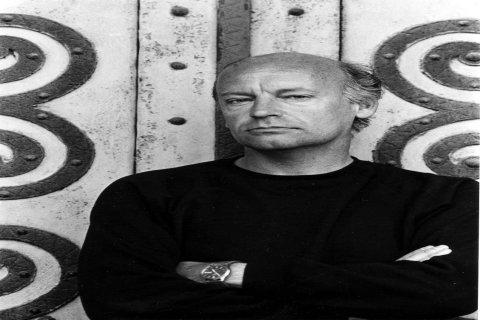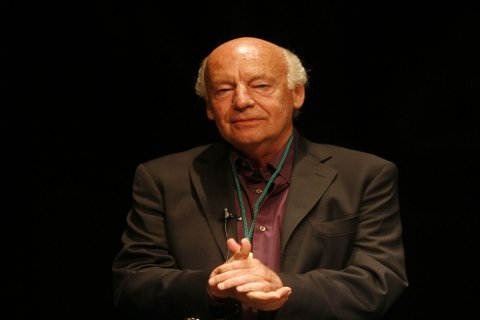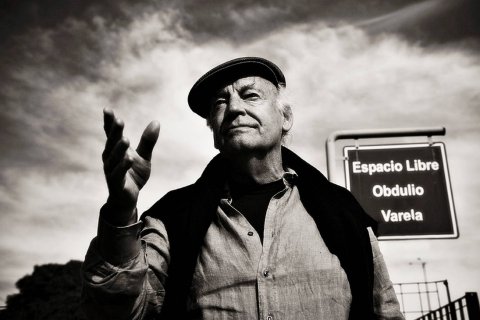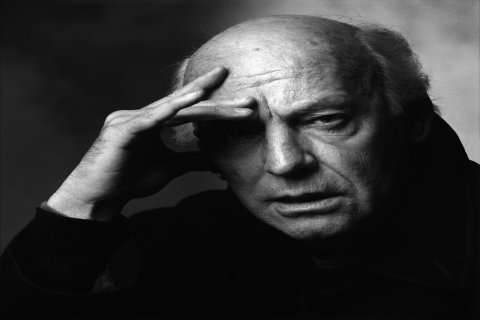Eduardo Galeano
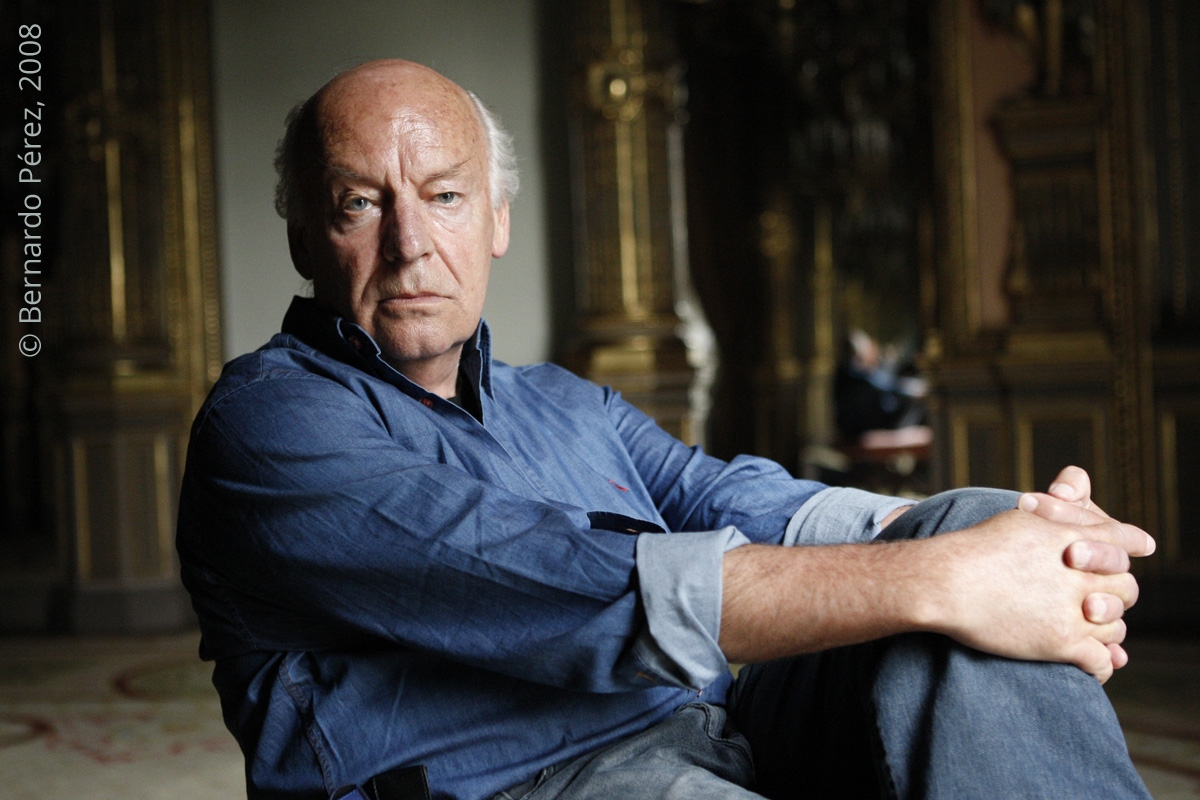
Eduardo Galeano: A Celebrated Uruguayan Writer and Journalist
Introduction: Eduardo Galeano, a prominent Uruguayan writer, journalist, and political activist, gained international acclaim for his literary works that captured the essence of Latin American history, politics, and culture. His writings, translated into numerous languages, earned him recognition as one of the most influential intellectuals of his time. This article explores the life and achievements of Eduardo Galeano, highlighting his significant contributions to literature and journalism.
Background and Early Life: Eduardo Galeano was born on September 3, 1940, in Montevideo, Uruguay. Growing up in a politically active family, he developed a keen interest in social issues and politics. His early experiences as a journalist, working for various publications in Uruguay, shaped his writing style and his commitment to addressing social and political injustices.
Literary Career: Galeano's literary career took off in the 1960s with the publication of his first book, "China" (1964). This travelogue, based on his experiences in China during the Cultural Revolution, provided readers with a unique perspective on the country's political and social transformation. His subsequent works, including "Days and Nights of Love and War" (1978), "Open Veins of Latin America" (1971), and "Memory of Fire" (1982-1986), established him as a leading voice in Latin American literature.
Major Themes and Writing Style: Galeano's writings are characterized by their lyrical prose, historical depth, and political commentary. He masterfully blended fiction, non-fiction, and journalism, creating works that are both informative and engaging. The exploration of Latin American history, culture, and politics, particularly the struggles of the marginalized and oppressed, is a central theme throughout his body of work. His unique narrative style, combining historical facts, personal anecdotes, and mythical elements, captivated readers worldwide.
Social and Political Activism: Galeano's writing was deeply rooted in his political activism. He was an outspoken critic of authoritarian regimes, economic inequality, and imperialism, using his words to raise awareness about social justice issues and promote a more just and equitable world. His writings often served as a powerful tool for social change, inspiring readers to reflect on the realities of power dynamics and global inequalities.
International Recognition and Accolades: Eduardo Galeano's contributions to literature and journalism earned him widespread recognition and numerous prestigious awards. His works were translated into more than 30 languages, reaching audiences across the globe. He was awarded the Casa de las Américas Prize (1975), the American Book Award (1983), and the Stig Dagerman Prize (1992), among others. His impact on modern literature and journalism continues to be celebrated and studied by academics, intellectuals, and activists alike.
Legacy and Lasting Impact: Eduardo Galeano's legacy extends beyond his literary prowess. He remains a symbol of resistance against oppression, injustice, and inequality. His writings continue to resonate with readers, inviting them to question established narratives and challenge dominant power structures. His ability to weave together historical events, personal stories, and political analysis created a powerful body of work that has had a lasting impact on global literature and political discourse.
Conclusion: Eduardo Galeano's contributions to literature and journalism made him a celebrated figure in the world of intellectual and political thought. His works, known for their depth, lyrical prose, and political commentary, continue to inspire and challenge readers worldwide. Through his dedication to social justice, Galeano's writings served as a powerful tool for change, promoting a more just and equitable world. His legacy as a writer, activist, and intellectual remains a source of inspiration for generations to come.

